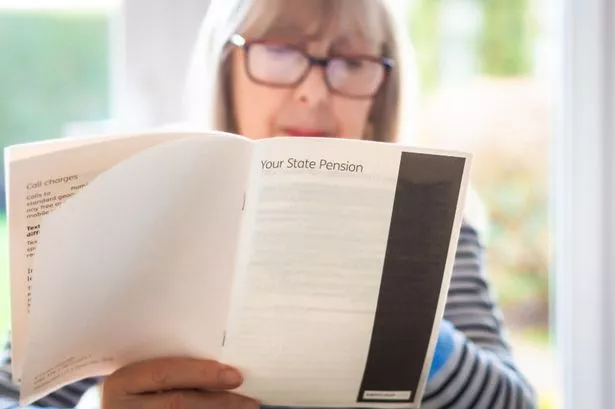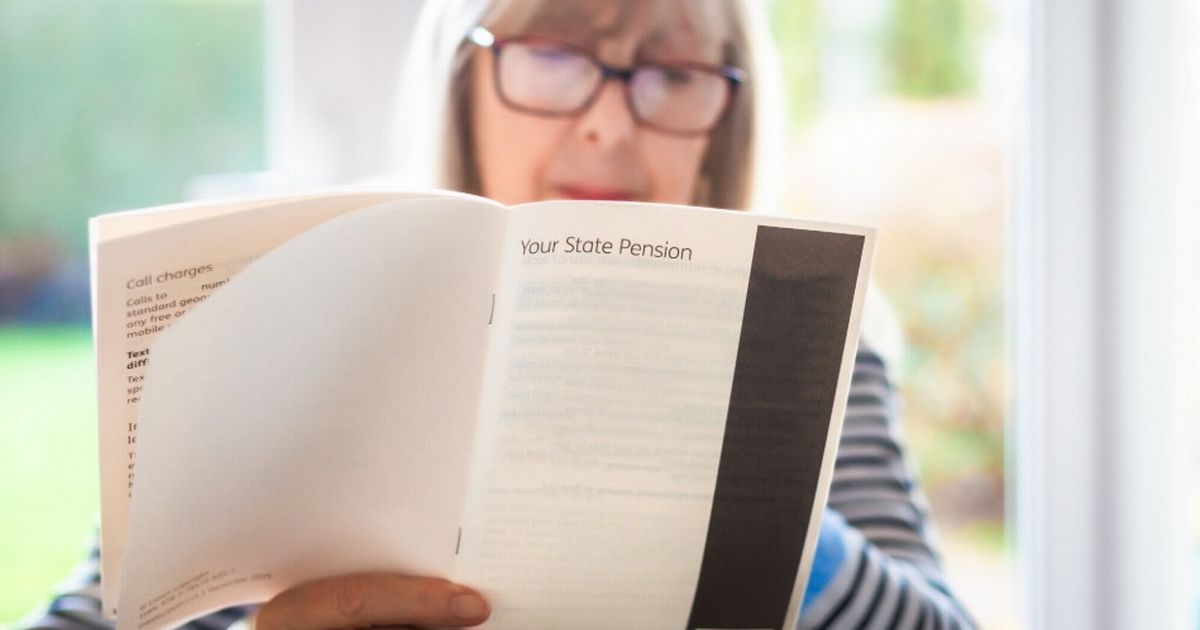The Department for Work and Pensions (DWP) Triple Lock cost has raised questions about the long-term viability of the state pension. Major update over state pension potentially becoming ‘means-tested’
Major update over state pension potentially becoming ‘means-tested’
The state pension future is in doubt as Conservative Party leader Kemi Badenoch endorses means testing. The Department for Work and Pensions (DWP) Triple Lock cost has raised questions about the long-term viability of the state pension.
Speaking at the Conservative Party Conference, Ms Badenoch cited that means testing “is not policy” at the moment.
But the Tories leader said: “If I could just make this point, the first place to start has to be in the workplace. If people get off benefits and into work, it’s a double whammy. They pay more in taxes. We’re not paying their benefits. We will grow the economy.
READ MORE Mortgage warning for UK households as they risk being ‘squeezed’
“If we grow the economy, then we don’t have to worry about whether or not we can afford the triple lock. We can afford it. That’s our policy.”
The Tory leader added: “We are having a conference and I said, I want us to have debates. Let people have the debate. But that is not policy. We are not Labour or Reform where everybody is scared to say anything that the leader hasn’t given permission to say. Have the debates and then we’ll decide who’s right or wrong.”
When asked about the triple lock, Ms Badenoch said: “People have paid. They’ve paid their contribution. And I don’t think that that’s where we should start when it comes to cutting the spending.”
She added: “The election is not tomorrow. I am talking about policies for today.”
Graham Fuller said: “30 years ago, Australia looked at demographic changes and they decided to move towards a scheme that is more akin to putting money aside for your savings… essentially the state pension is means-tested.
“This is a more secure, more guaranteed state pension for people. The difficulty is the transition costs… so [there is] more work to do on that.”
Steven Cameron, the pensions director at Aegon, said: “Inflation has been increasing, albeit gradually, over the past few months, most recently standing at 3.8 per cent. In August, the Bank of England predicted inflation would peak in September at four per cent.
“Therefore, inflation would have to rise sharply to exceed the earnings figure. “When earnings growth exceeds inflation, pensioners receive an increase based on earnings which is good news for them as it improves their purchasing power.
“If inflation exceeds earnings growth, this determines the triple lock increase, and purchasing power is protected, albeit not improved.”

